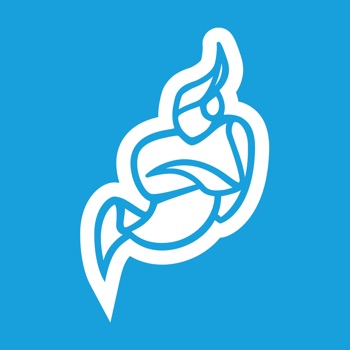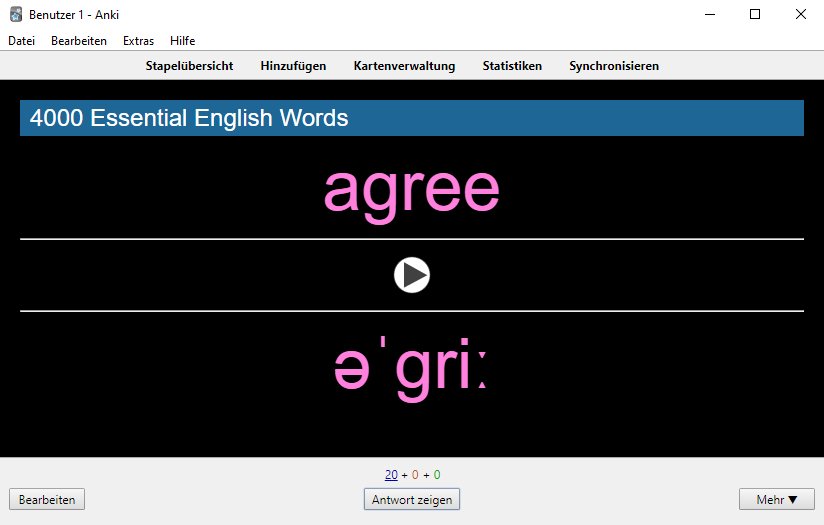

3:06: Jitsi’s origin story, or how a side project became Emil’s primary business.Want to skip to the best parts? There was a lot of good info in this podcast, but here are some not-to-miss sections. In order for an open-source project to gain traction, there has to be something in it for everyone-including companies and individuals who use the technology, contributors who make the technology better, and consultants who help companies customize the open-source technology to get exactly what they need.Įmil talks about ‘pragmatic open source,’ or the understanding that just because something is an open-source project doesn’t mean everyone involved shouldn’t have their own, selfish reasons for being involved-that is, in fact, the only way the project will succeed, he says.Open source projects are geographically diverse and are part of the large phenomenon that innovation is spread out rather than concentrated at a few large companies.Without the open-source community, Jitsi would never have become the powerful video-conferencing tool that it is now.As the project leader, Emil works essentially as a facilitator who creates the framework that allows for collaboration.Here are some of the key takeaways from our conversation about building an open-source-based business, and particularly an open-source communications solution. Companies who needed customization, however, would hire Ivov and his team to create exactly what they needed using Jitsi’s core technology.
#JITSI MEET 8X8 FOR FREE#
Like other open-source projects, as a business model, Jitsi was basically a consultancy-the technology was available for free and anyone could use the technology and make improvements.

After finishing the program, he turned his attention to building a company and a community around Jitsi. work seemed unlikely to ever be used outside of academia. But as time went on, the open-source Jitsi project started to attract more attention while his Ph.D. Jitsi was a tool he developed to help evaluate the softphone he was building, and he started it as an open-source project. Jitsi (the name comes from the Bulgarian word for ‘wires’) came out of Emil’s graduate work, building a softphone that would work on ipv6. Emil and I talked about the unique business model associated with open-source technology, how Jitsi grew out his lifelong interest in remote communications and why open-source isn’t just for idealists.

8x8 recently acquired the Jitsi team and technology, so Emil is now also my colleague. Transformed., I spoke with Emil Ivov, founder and project lead at Jitsi.


 0 kommentar(er)
0 kommentar(er)
